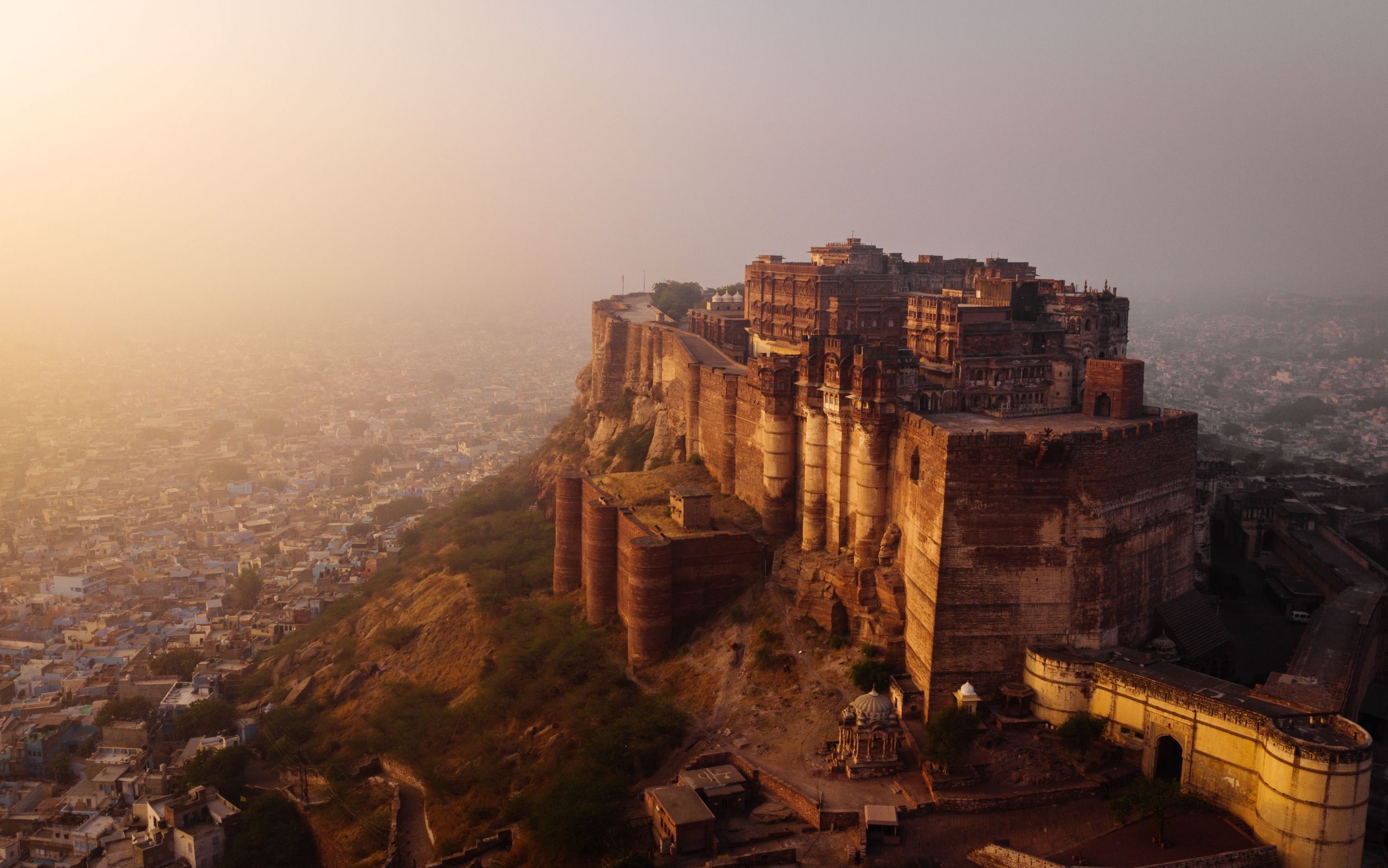There is always something particularly exciting about shooting film and photography abroad. Working with new people, being in a completely different culture and facing challenges which you wouldn’t expect on a local film or photography project. All of these things making shooting abroad a completely different travel adventure.
Wonderhatch has been lucky enough to have shot a range of international projects, from travel, hotel and tourism videos to luxury consumer photoshoots. We have captured and experienced places that only a handful of others have. However, as glamorous as filming around the world can seem, it comes with its difficulties and hurdles. Countless hours of logistical planning take place for the unexpected bumps that come with this form of shoot in order to produce a successful video or photo campaign.
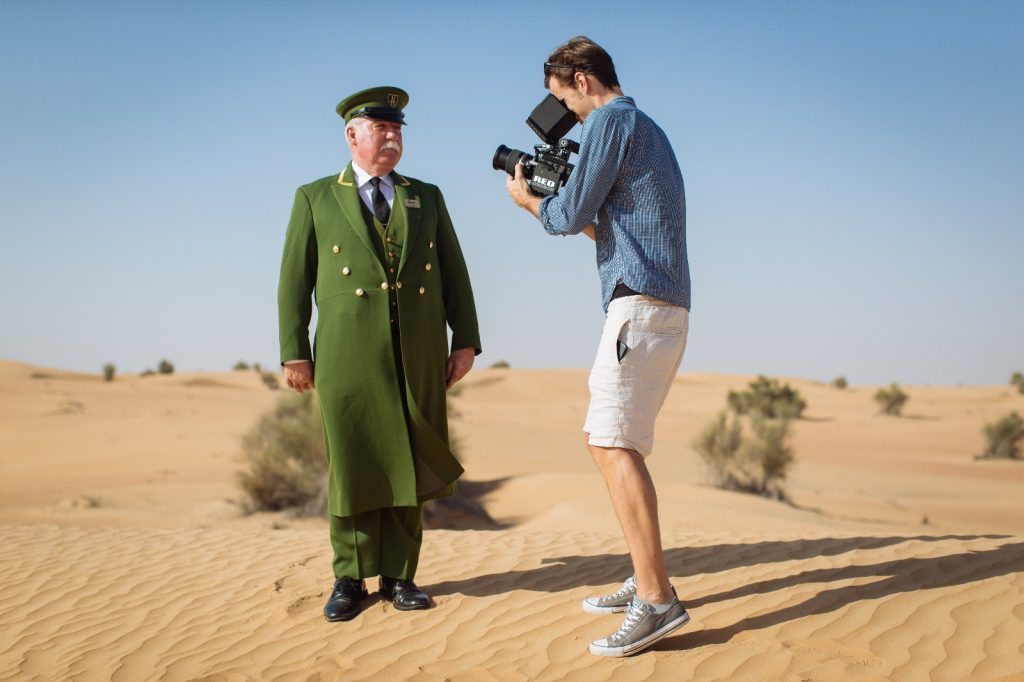
On shoot for British Polo Day
So what to do when shooting abroad? Be it a film or photography brief, content for a luxury restaurant in the Middle East, covering a big corporate event in Asia or shooting for the automotive industry in Europe, there are some basic things to consider no matter what the campaign. Well, besides bracing yourself and hoping for the best (and the obvious production requirements) firstly you need to consider the location you are going to and the financial implications which come with it. Is it a city, jungle, beach, etc? This will help you see if you need to consider crew with special skills, if you need to vaccine, prepare for special access on transport or get visas for your film crew.
Rule is, that if it is outside of the EU you are most likely to need a visa, which is why you need to consider legal fees within your budget too, otherwise you can get yourself in a deportation kind of sticky situation you don’t want to be in. There are places which are more laid back with these rules and there are other places which don’t require you to do this, but always research; there are a lot of companies which serve as fixers and can help with this.

On Shoot for Nihi Sumba
However, this isn’t the only legal requirement to consider, if you are taking kit with you, then you need to get a “visa” for your film kit. This is to show that you are not looking to do some dodgy business by selling it or by taking away stolen goods. Some countries might be more relaxed, whilst others will make you look into the serial numbers of every camera or other item you travel with. Can’t be too cautious!
Besides visas, also make sure everyone and absolutely everything you are taking with you or hiring out is insured against everything, so you are covered if you find yourself in -40 or +40 degree temperatures in a snow or sand storm! Beware flying drones in such conditions of course and make sure you’ve got the paperwork there too; drone flyers need to be professionally qualified and certified by the appropriate authority; Wonderhatch are licensed drone flyers with the Civil Aviation Authority and you should be too if you’re in the UK.

On shoot for Hyatt
Once you, your filmmakers, photographers and the rest of your crew are covered with the paperwork, you must get to know the ground you are going to be on. If the budget allows it, get a fixer or a local production manager who can help with ground translation or with the logistics. They might have a few tips of what to avoid or where is the most convenient place to source essential things for production, as well as to where is the best place to stay. If you are unsure of how to do this our advice is to contact the local Film Commission. They are usually quite friendly and welcoming of new people coming to see their country.
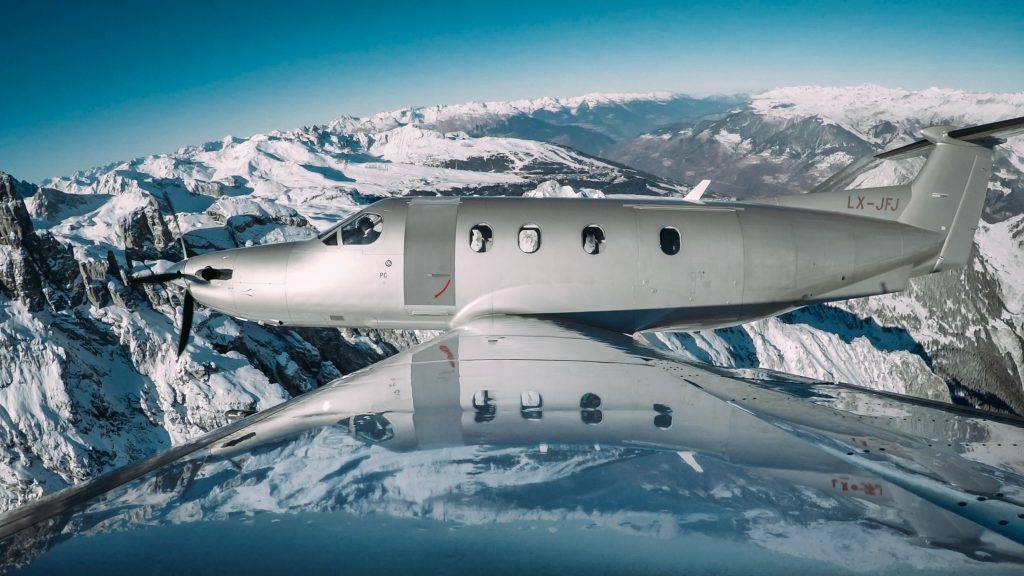
On Shoot for Luxury Marketing House
After you understand your destination, and have your legal paperwork ready to go, you have to select the team who will go with you. This is absolutely essential. A good team can make or break your shoot. Skills aside, you need to make sure that the group dynamics are positive and optimistic. Just think about it this way, if you were to find yourself sharing a room and stuck inside of it because of a snowstorm, who would you like to be with?
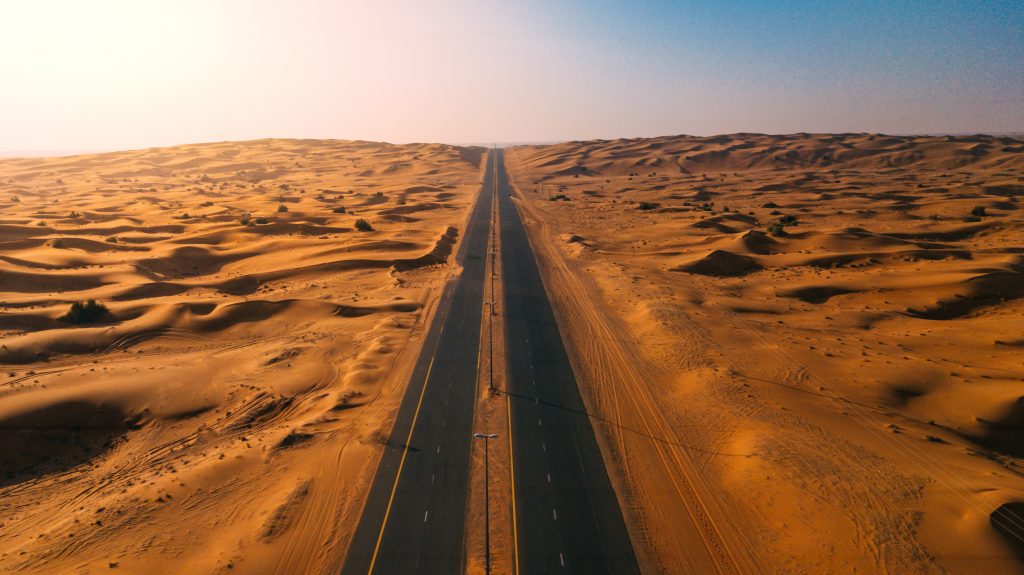
On shoot for British Polo Day
Also make sure you take all the team you need. Editors needed onsite for live photography or video delivery and immediate global distribution? Another cameraman? Drone or time lapse specialist? An extra pair of hands can come handy if you think you need them. More often shooting abroad demands longer hours. After all you are working with creative and passionate people who will make their best efforts to get everything they are meant to get and will be seduced by the beauty of a new place. However, not knowing if they only have that one chance to get the shot will require everyone in the team to pull their weight. Likewise, if you take extra people then it becomes counterproductive because there are more people to transport, feed and make sure are in the right places. Nonetheless, it is good to consider if you can source other crew members who can also act as fixers or translators. If you decide not to get local help, make sure that at least one person you are working with speaks the local language.
Once you have this and all your normal day to day pre-production planning done you are ready to go! Shooting abroad is a beautiful experience. You get to see the clearest skies with the brightest stars and the biggest cities full of life to create the most inspiring visual content.
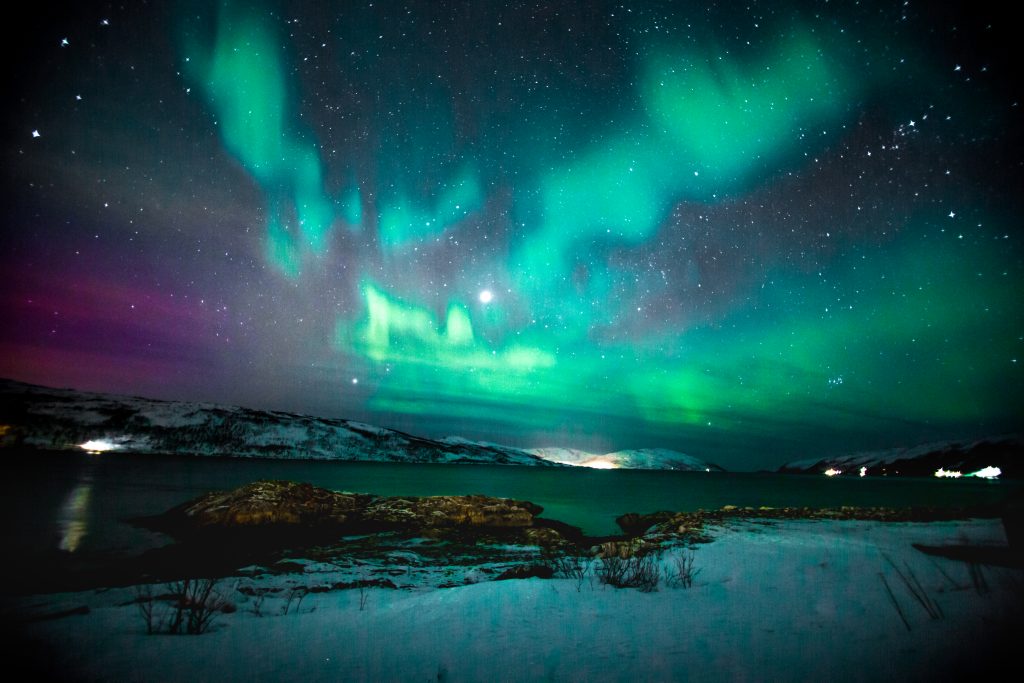
On shoot for Private Assignment
